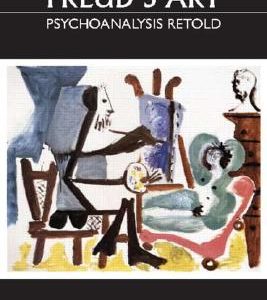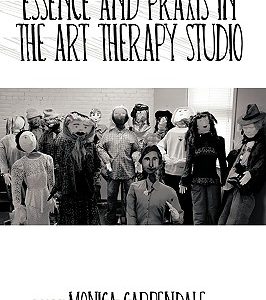American Latino: Psychodynamic Perspectives on Culture and Mental Health Issues
$61.20
Description
No individual grows outside the ambience of his or her culture and no clinical dyad operates in a cultural vacuum. It is therefore of utmost importance that developmentally-oriented clinicians and therapists be aware of the nuances of the particular culture or subculture that their patients bring with them. After all, when patients and therapists meet, they not only bring their pathos, but also bring their ethos to bear on their dialogue. This book focuses upon the culture of the Hispanic population in the United States and seeks to replace stereotypes with portrayals based upon factual information. The scope of the material covered is vast, and includes the topics of ethnic identity, gender roles, religion and spirituality, family resilience, and the joys and sufferings of leading a bicultural life. Opening with a thorough survey of Latin-American immigration to the United States and closing with an illustration-rich discourse on being a Hispanic-American psychotherapist in this country, the book deals with both normative and psychopathological realms. Help-seeking patterns, vulnerability of some Hispanic youth to drugs and gang-related affiliations, and the fine technical adjustments in conducting psychotherapy with individuals of this growing subpopulation are elucidated with great compassion and empathy. All in all, THE AMERICAN LATINO is a shining document of the coexistence of universal similarity and cultural uniqueness of the human psyche. Reading it will enhance knowledge, enrich attunement, and sharpen therapeutic skills for dealing with Latin American clients.
Editor: Akhtar, Salman, Editor: Bertoglia, Solange Margery, Contribution by: Laria, Amaro J
Topic: Psychology
Media: Book
ISBN: 1442248564
Language: English
Pages: 236















Reviews
There are no reviews yet.